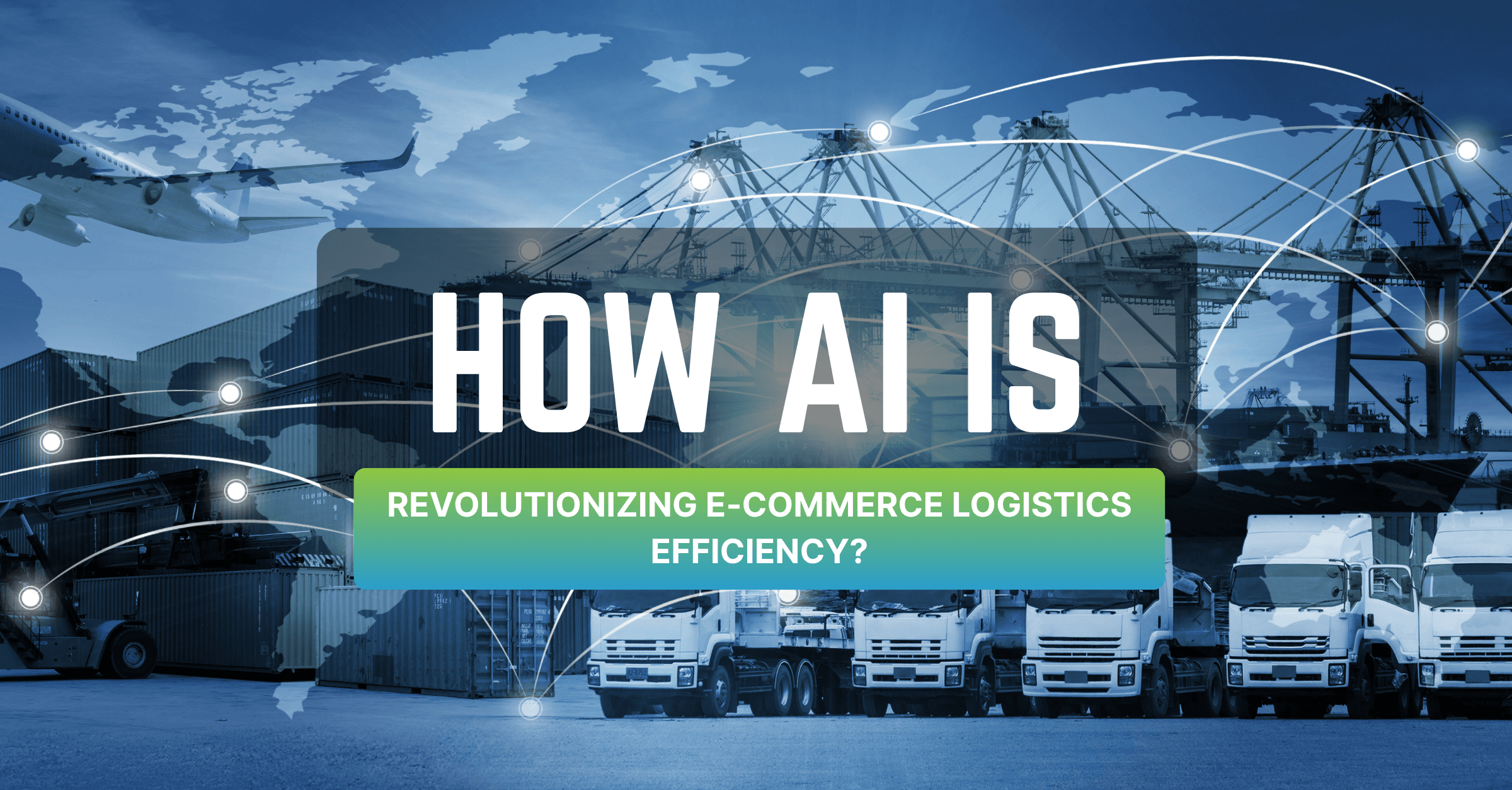Table of contents

In 2025, the logistics industry is under growing pressure: higher consumer expectations, complex supply chains, and unpredictable global disruptions. According to McKinsey, companies adopting AI-powered logistics have achieved up to 15% cost reduction, 35% lower inventory, and 65% improvement in service levels.
This article explores how AI is transforming logistics management—from forecasting and route optimization to real-time visibility and intelligent returns management—and why it’s becoming a must-have for e-commerce operations worldwide.
AI enables businesses to analyze historical and real-time data to forecast demand surges, identify shipping hotspots, and optimize route networks.
By dynamically adjusting delivery routes, AI reduces transportation costs and minimizes delivery delays.
📊 Forbes (Mar 2025) reports that retailers using predictive AI for supply chain management have improved delivery efficiency by 20–25%, while reducing fuel and manpower costs.
AI systems continuously monitor external risk factors such as weather, port congestion, or traffic disruptions. When anomalies occur, the model alerts logistics teams early—allowing rapid rerouting and contingency planning.
This predictive capability minimizes downtime and protects end-to-end operational continuity.
As global supply chains become more complex, proactive AI-based alerts are replacing traditional reactive monitoring. (Source: Forbes Supply Chain Insights, 2025)
Consumers today expect to know exactly where their orders are.
AI enables real-time tracking, predictive Estimated Delivery Dates (EDD), and dynamic updates through smart dashboards.
Parcel Perform’s AI Decision Intelligence platform uses large-scale logistics data and predictive analytics to deliver precise EDDs and identify optimal carrier options, helping brands improve post-purchase trust and customer satisfaction.
Returns remain a cost burden for many e-commerce players.
AI optimizes reverse logistics by identifying the most cost-efficient return routes and consolidation points—cutting unnecessary shipments and processing costs.
In 2025, Parcel Perform introduced an AI Co-Pilot that analyzes post-purchase data to predict “WISMO” (“Where Is My Order”) queries before they escalate, helping brands proactively manage customer experience.
| Benefit | Description |
| Cost Reduction | AI-based automation can cut logistics costs by ~15%. |
| Inventory Optimization | Smarter stock management reduces dead stock by up to 35%. |
| Service Quality | Improves on-time delivery and reduces customer complaints. |
| Transparency | Enables real-time tracking and proactive communication. |
| Resilience | Detects and mitigates disruptions early. |
| Efficient Returns | Streamlines reverse logistics with minimal expense. |
For APAC businesses—especially in fast-growing markets like Singapore, Vietnam, and Thailand—AI logistics isn’t just about cost-cutting.
It’s about competing on speed, reliability, and customer trust.
Cloud-based AI platforms make it possible to integrate predictive analytics, automated routing, and visibility dashboards into existing ERP and e-commerce systems without rebuilding infrastructure.
At DEHA GLOBAL, we help mid-size and enterprise clients in APAC and beyond integrate AI and Cloud-native technologies into their logistics operations.
Our AI Development and Cloud Migration Services enable real-time data processing, predictive modeling, and scalable orchestration—helping logistics leaders achieve measurable ROI.
Whether optimizing supply chains, automating delivery workflows, or embedding AI decision layers, DEHA GLOBAL acts as your trusted Global AI & Cloud Partner for intelligent logistics transformation.
Contact us to learn how AI can reduce your logistics costs and boost operational resilience in 2025 and beyond.